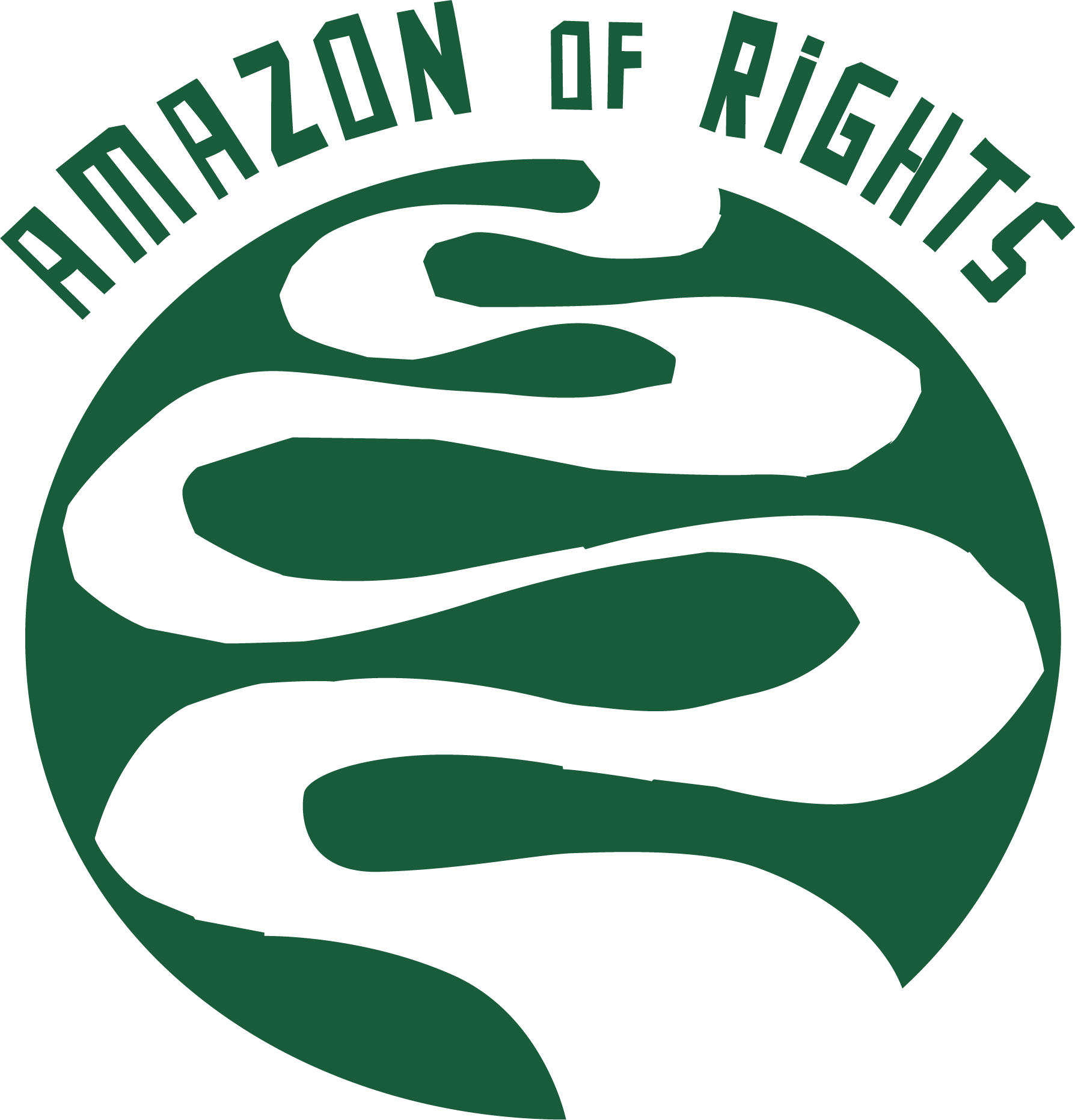Amazon of Rights: Global Ecojurisprudence in Times of Urgency
an interdisciplinary workshop & book project
Amazon of Rights: Global Eco-Jurisprudence in Times of Urgency charts in a novel way contemporary debates about eco-centric normativity – including rights of nature, multi-species and multi-being justice, wild law and earth law – within the larger context of the global environmental crisis and the central role of the Amazons in the survival of the planets. Forward looking, critical, empirical, and explicitly interdisciplinary, the contributions to this volume dismantle set assumptions about the way the Amazon has been imagined and constructed in law and global politics since colonial times to today’s internationalised disputes about the securitisation and appropriation of its riches.
The Amazonian ecosystem is of planetary relevance, housing the largest remaining tropical rainforest on Earth, along with the largest river and riverine system, and an unparallel diversity of life. Deeply intertwined with the Andes mountain range, and the Pacific and the Atlantic oceans, the Amazons is threaten, however, by juxtaposed extractivist practices, anchored in a plethora of modalities of representation which themselves support a constellation of public and private normative regimes. These regimes often enable continuing forms of exploitation while challenging occasionally, as in the case of dedicated environmental frameworks, the relentless destruction of the Amazon. At the same time, other eco-centric normativities, rooted themselves on the Amazon, and for a long time sidelined, persist. These eco-centric normativities go from the laws of the river, to the norms of the more-than-human animals and the human communities that exist in the rainforest. Leading and emerging voices both from the Global South and the Global North, brought together for the first time in this volume, outline new paths to grasp these multiple recognised and unrecognised normative regimes generated by, and constantly criss-crossing, human and more-than-human life in the Amazons.
Amazon of Rights: Global Eco-Jurisprudence in Times of Urgency is conceptualised and designed with a wide interdisciplinary audience in mind. It speaks directly to growing concerns in relation to the future of the planet, and how to think, feel and act in this context of urgency, across the fields of law and society, international relations, environmental studies, anthropology, sociology, and the arts and the humanities.
The volume is one of the outcomes of the Amazons of Rights project, which is supported by the Volkswagen Foundation. The project aims to bring awareness of the empirical reality of the different normative orders coexisting in the Amazons and the challenges they face. Employing a mix-method approach that includes comparative law, legal anthropology, and experimental visual ethnography, and through active engagement with local communities and artists, the project’s outputs include, apart from this volume, four Amazongraphies on the realities of eco-centric normativity in Colombia, Ecuador, Brazil and Peru, two state of the art Amazongraphies on rights of nature developments and law and visuality, as well as a documentary feature film.
The Amazon of Rights: Global Eco-Jurisprudence in Times of Urgency volume makes three specific contributions to contemporary literature. Firstly, it brings to the surface the multiple normative regimes permanently interacting in the Amazon, and the value of new as well as ancestral human and more-than-human eco-centric frameworks both for the future of the Amazon and of the planet. The Amazon’s planetary relevance means that whatever happens there in eco-jurisprudential terms influences the rest of the planet. Likewise, whatever happens elsewhere has consequences for the Amazons, including its forests, rivers, and all entities dwelling within.
Secondly, the volume invites readers to appreciate the immense value of the Amazon for the future of law and its interpretation. This involves an appreciation of multilevel (and multi-cosmological) regimes of governance over humans and more-than-humans and their interactions. These regimes include new expressions of eco-centric normativity within and beyond official state law, including community and more-than-human normative frameworks which are invoked by actors in the four jurisdictions traversed by the Amazon river. Being attentive to these different scales and normative expressions, and their encounters and mobilisation in ground level legal battles, brings into question what kinds of laws and sense of justice are relevant within the context of a possible global eco-jurisprudence in times of urgency.
Thirdly, the edited volume encourages readers to embrace new theoretical, methodological and experiential approaches to normative entanglements, in particular as they relate to eco-centric frameworks. It explores what the Amazon reveals to us about eco-centric normativity and the future of eco-centric constitutionalism, global legal pluralism, post-human legal cultures, and legal transplants occurring in the area of rights of nature and beyond. The volume demonstrates how the methodological-theoretical aspect that sustains doctrinal analysis presented across the chapters helps to approach these new developments as entry points to re-imagine the Amazon. They invite to observe the Amazon as a juridical ecosystem in which a world of normativities already exists – normativities that in their encounters and mis-encounters are already dealing with several conundrums at the heart of today’s environmental and civilisational crisis.















